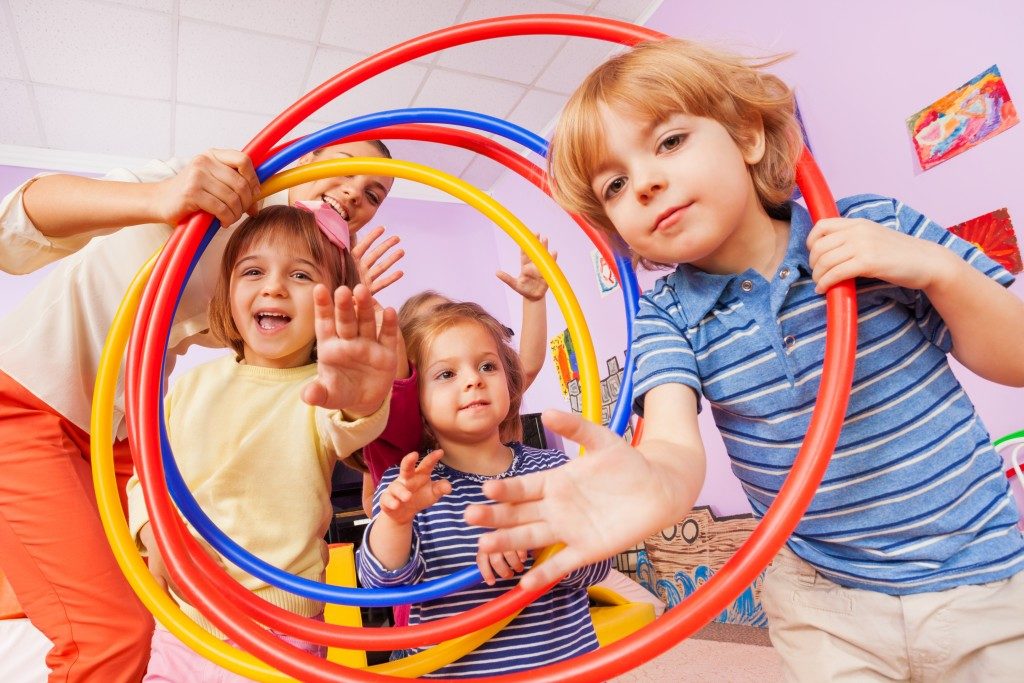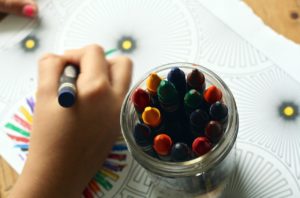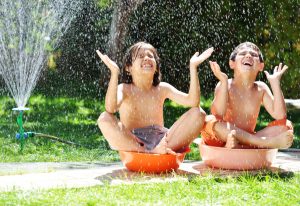When we were younger, a lot of us looked forward to playtime, especially if it meant avoiding schoolwork or household chores. However, playtime was not just an excuse to escape homework; it also allowed us to learn new things, whether it was playing dress-up, building blocks, or racing toy cars.
Children are naturally curious and want to learn more about the world around them. One of the ways they learn about their surroundings is through observing, listening, and imitating; interactions that can be done when play is involved.
Playtime is not only a break from responsibilities, but it also provides opportunities for a child to develop skills that are important in many aspects of his or her life.
The Freedom of Playtime
The best part about playtime is that it can be done anywhere – from the simple setup within the confines of your own home to the bigger play equipment in schools from local suppliers.
Playtime is so diverse. It can be as simple as picking up worms in the backyard, stacking blocks together or pushing your child on a swing. There is no limit to what children and parents can do when it comes to providing the best playtime experience. Kids can play by themselves or with other children, sometimes even without the presence of adults – depending on the type of games they intend to play.
Learning through Playtime
The diversity and benefits of playing has positive effects on a child’s cognitive, physical, and social development. A child can learn the concept of numbers and sharing when interacting with toys, as well as develop relationships while playing with other kids. Aside from the social aspect, kids gain confidence in winning a game, communicating with a team, and developing physical skills in active sports.
Different Ways to Play

Free Play
Free play involves children playing on their own, without outside influence and stemming from their initiatives. Free play happens when a child randomly picks up an object and starts interacting with it, or when they begin drawing on a colouring book. The beauty of free play lies in a child working with his imagination and interests at a particular time. It also involves children playing at their own pace and not forcing anything upon them.
Free play focuses more on the interactions children have with their environment, as well as on using their imaginations freely.
Structured Play
If there’s free play that involves moving at your own free will, there is also a play that incorporates more group-oriented activities. Structured play involves your Saturday night board game marathons, the storytelling being done in the middle of a campfire, and summer camps facilitating music or dance classes.
Group activities in structured play means that children learn more on social aspects such as developing teamwork and crafting skills. It can also lead to improving their motor skills, especially when involved with sports and outdoor activities.
The Results of Play in Life
Playtime is a vital component in a child’s life and can be done with the limits of imagination. The life skills adults have, such as solving problems and participating in team activities, can be attributed to the types of play they had as children.
Playtime encourages children to discover more about their surroundings and reinforces their relationships with family and friends. The valuable connections people make can start simply by riding bikes together, which can develop further into adult life, for example, when building trust and rapport among colleagues..
Never underestimate the power of play. When children learn by having fun, the results of playtime can lead to a child making the right decisions and connections later in life.



















